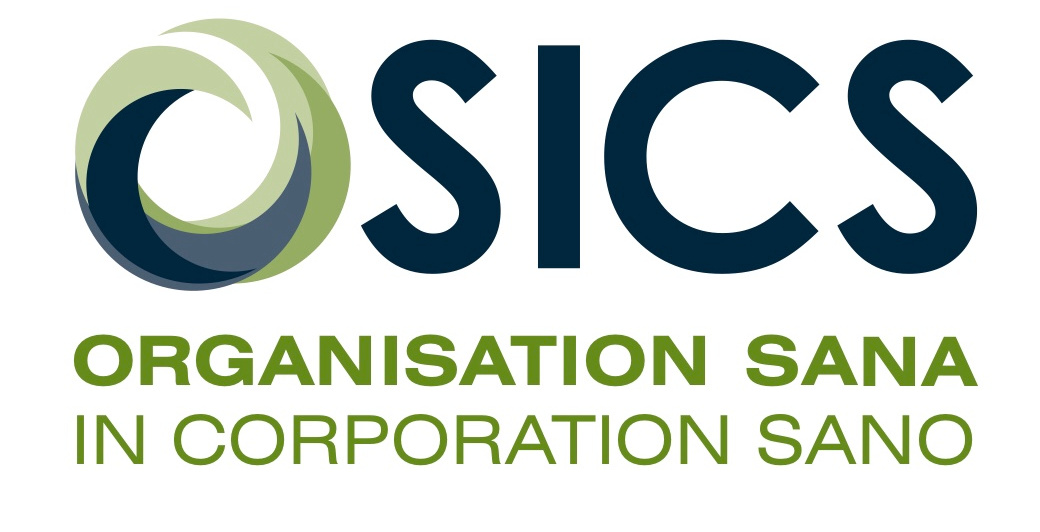Ensuring Excellence: The Role of a Quality Assurance ConsultantTHE OSICS NETWORK
A Quality Assurance (QA) Consultant is a specialized professional dedicated to ensuring that a company’s products, processes, and systems adhere to established quality standards and regulatory requirements. Their expertise is crucial in various industries, including manufacturing, healthcare, technology, and food services, where maintaining high-quality standards is essential for success and compliance.
Key Responsibilities
- Development of Quality Management Systems (QMS): They are responsible for developing or enhancing a company’s QMS. This involves establishing procedures and guidelines to ensure quality in every aspect of production or service delivery.
- Conducting Audits: Regular audits are a core part of their job. They assess current practices against predefined standards and regulations to identify areas for improvement.
- Compliance with Regulatory Requirements: They ensure that all products and processes comply with relevant industry-specific regulations. This includes understanding and applying regulations from bodies like the FDA, ISO, or other regulatory agencies: will need to inspect and audit regularly at clients
- Continuous Improvement: QA Consultants advocate for and implement continuous improvement methodologies. They analyze processes, identify inefficiencies, and recommend enhancements to maintain high quality and efficiency.
- Training and Support: They provide training to company staff on quality standards and practices. This ensures that all employees are knowledgeable about quality requirements and their roles in maintaining them.
- Problem-Solving: When quality issues arise, they are tasked with investigating the causes and developing solutions to prevent recurrence.
- Quality Documentation and Reporting: Maintaining comprehensive documentation of quality processes and reporting on quality metrics are key aspects of their role.
Skills and Expertise
- Expert Knowledge of Quality Standards: Deep understanding of quality standards like ISO 9001, Six Sigma, or Total Quality Management.
- Analytical Skills: Ability to analyze processes and data to identify quality issues and areas for improvement.
- Attention to Detail: Meticulousness in ensuring that all aspects of production or service meet quality standards.
- Regulatory Knowledge: Familiarity with industry-specific regulations and requirements.
- Communication Skills: Proficiency in communicating effectively with stakeholders at all levels.
Impact of a Quality Assurance Consultant
The role of a Quality Assurance Consultant is vital in building and maintaining trust in a company’s products and services. They ensure that quality is not just a one-time checkpoint but an integral part of the organizational culture and processes, leading to enhanced product quality, customer satisfaction, and compliance with necessary regulations.
We’re Hiring a Quality Assurance Consultant
Join the OSICS Network
